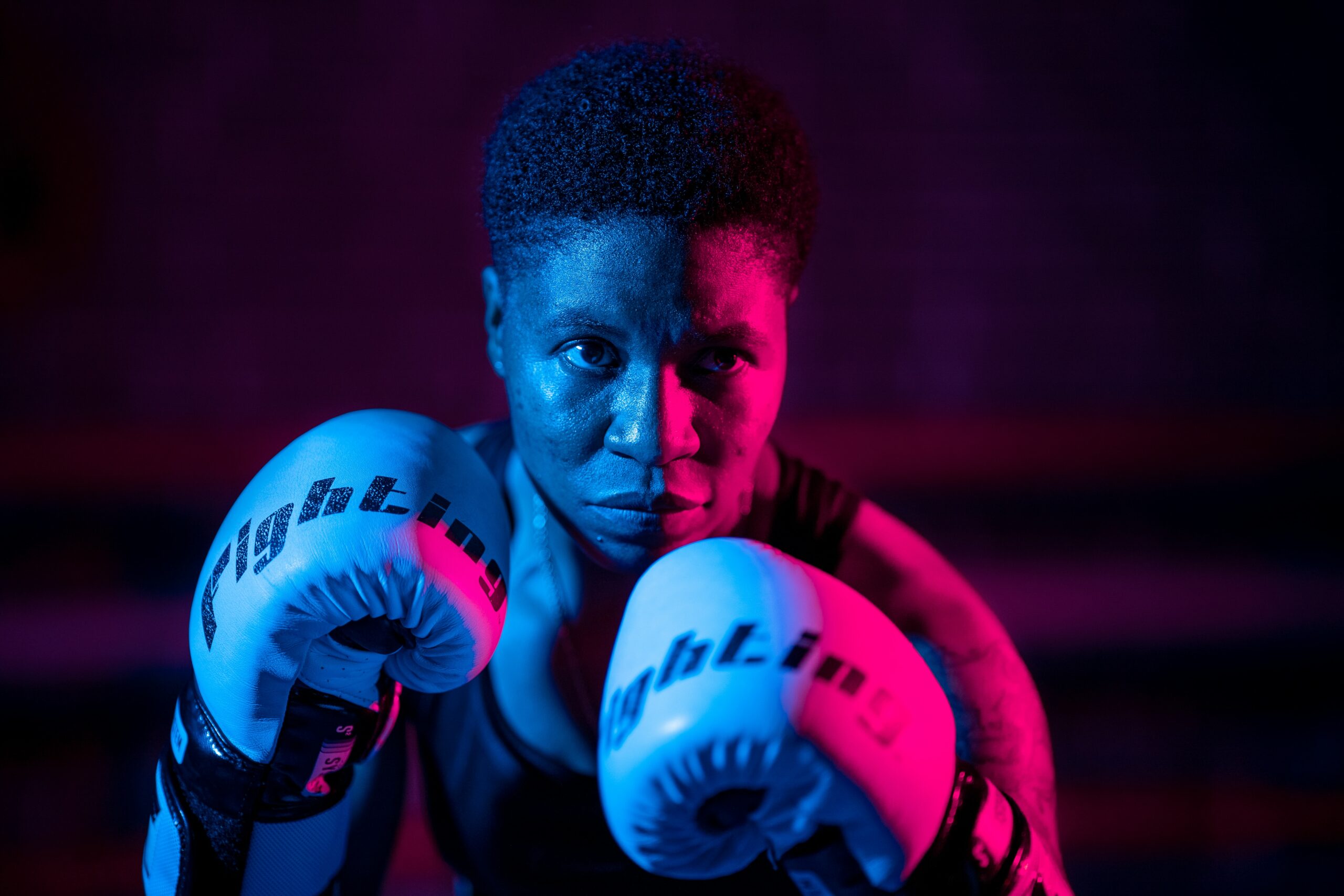
Women’s sport is having its moment, and hopefully, it can stay that way. But what needs to be done to keep women’s sport centre stage? And how does this translate to the field of sports writing and journalism?
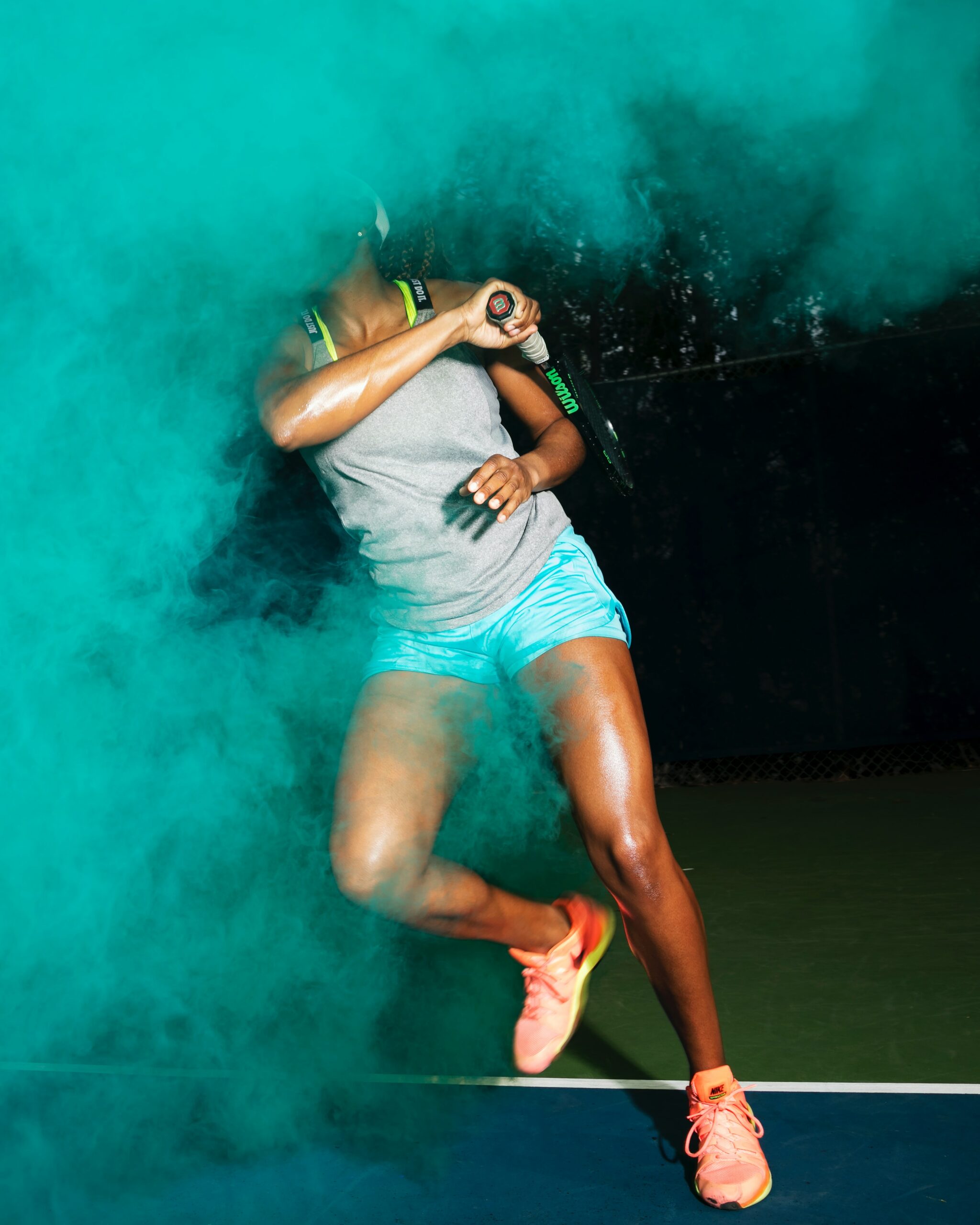
The tables turned for women’s sport last summer following England’s Lionesses' inspiring win at the 2022 Euros: women’s football was cast into the spotlight in an extraordinary moment of female power, dominating the national conversation and mood. 50 million tuned in for England’s victory over Germany in the final, smashing viewing records, the reverberations of the win still echoing almost a year on.
British Boxer Natasha Jonas stated of the Lionesses’ victory:
“It proved a point. Some of the barriers that we have in female sport is [the perception that] ‘we’re not successful,’ ‘we’re not as good as the men,’ ‘we’re not as commercially viable as the men,’ all that stuff. But all the sellout games proved that wrong.”
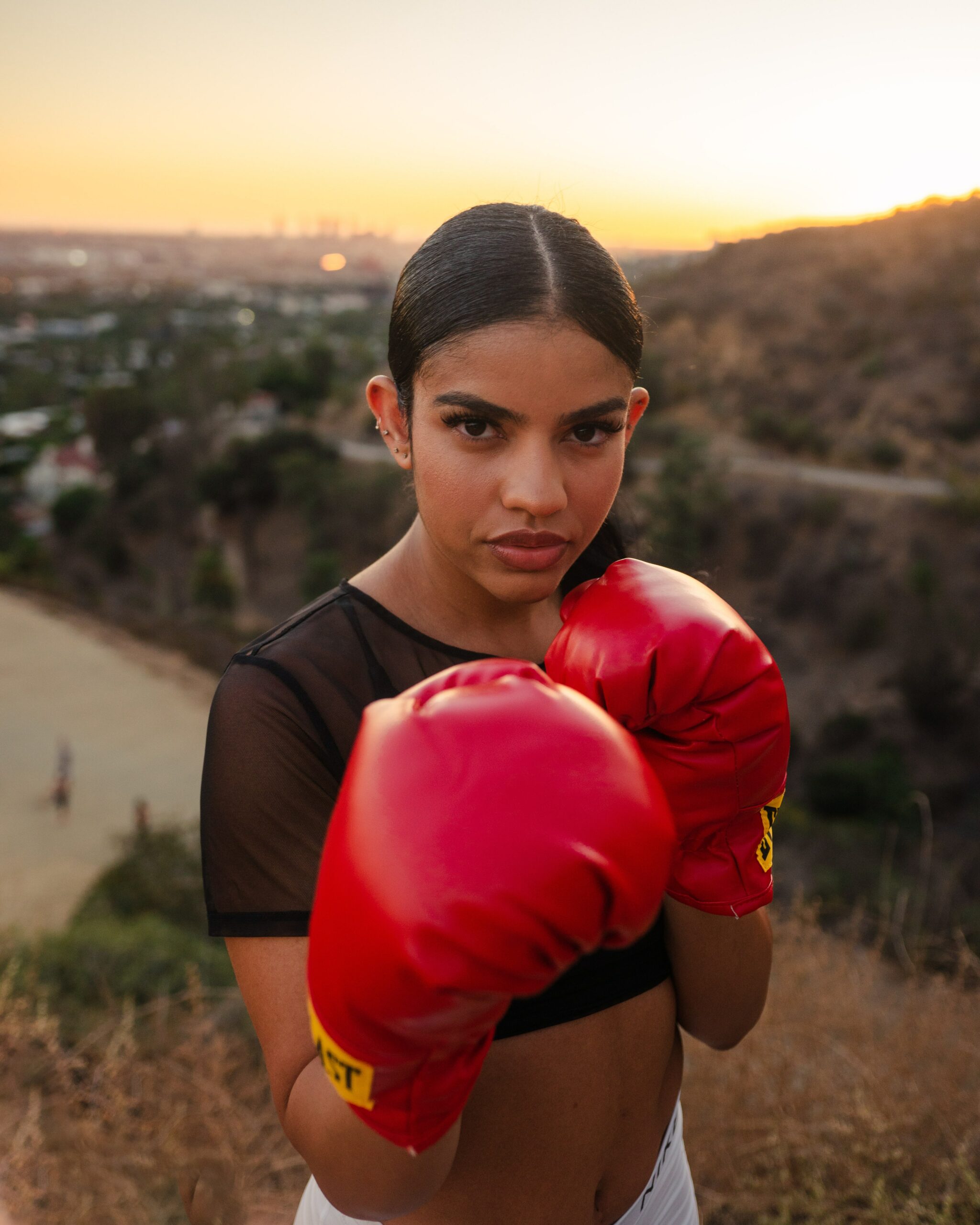
Women’s Rugby is also on the rise, with a 70% increase in match attendance and a 135% increase in TV ratings in 2022, with 5.6bn views of #SixNationsRugby on social media. At the 2023 Women’s Six Nations, the defending champions, the UK’s Red Roses, retained their title, having not lost a Women’s Six Nations match since 2018.
The epic spectacle of Savannah Marshall vs Claressa Shields at a sold-out O2 Arena last year was the most-watched women's professional boxing event in history, with more than two million viewers tuning into the historic moment, making it the biggest audience for a live women's sport event ever on Sky.
Increased visibility and viewing statistics go a long way. Leah Williamson, who captained The Lionesses to glory last summer, stated the importance of being seen in order to inspire the next generation:
"I was that girl growing up who had that picture of Kelly Smith on my wall, so I know the power of that,” she said. “I never had interactions with them. I didn't ask for a photo, but from watching from afar, it gave me that drive to be where I want to be.
If we can stand in a space that has always been for men, but only until recently did we really feel like we belonged, it's such a powerful message outside of football. In that public space, it's important that people see us and respect us for being successful women.”
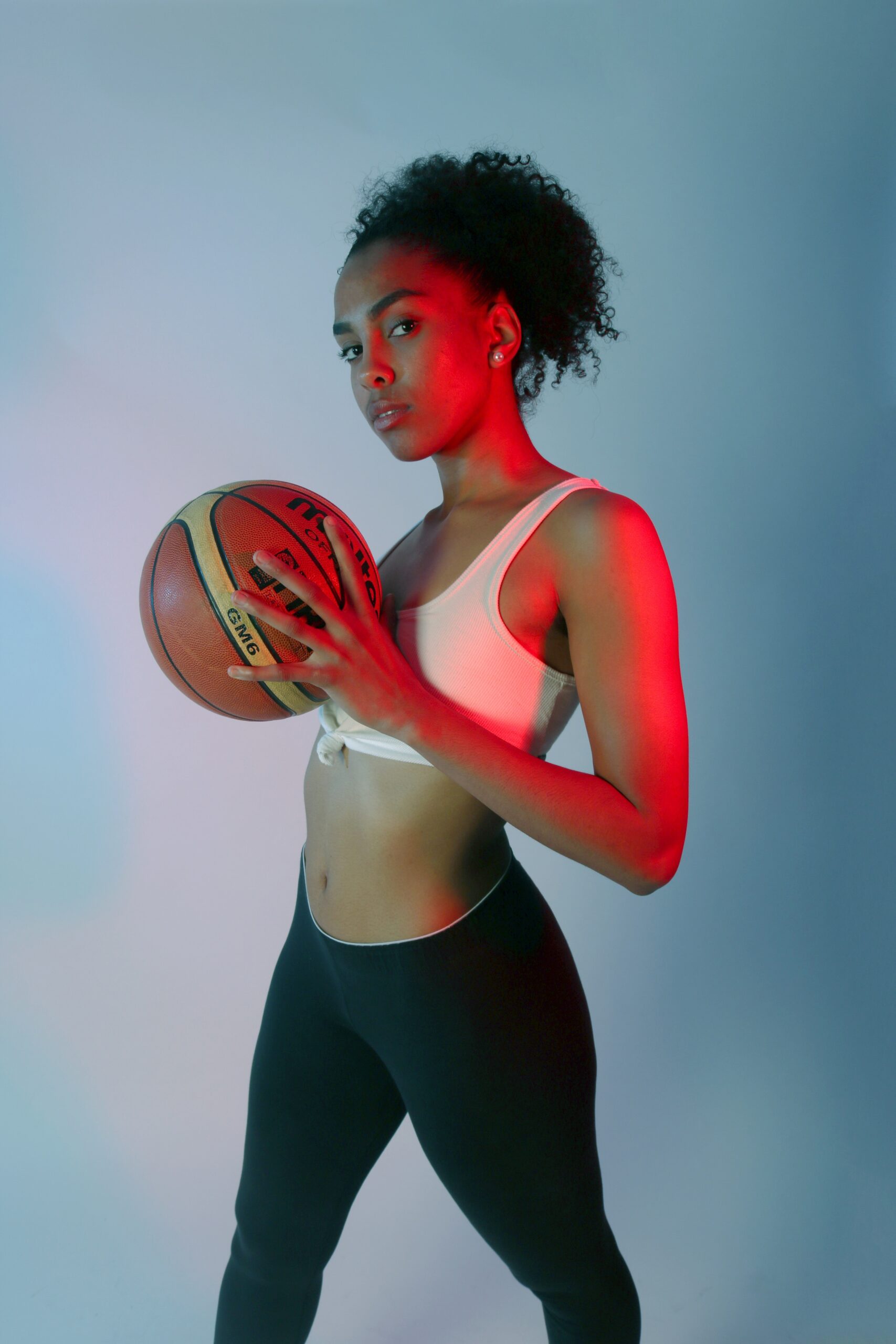
Coverage really is key: women’s sport has to be promoted, broadcast and easily accessible to drive investment, both emotional and financial, which in turn leads to further views and support, as well as fairer wages for female players. Brilliantly, the O2, a long-term sponsor of England Rugby, pledged to equal spending across the men’s and women’s teams in 2021, determined to help close rugby’s gender awareness gap in the lead up to the at-home Rugby World Cup in 2025. Super welterweight champion Natasha Jonas has similarly said,
“I would like to see major investment from the grassroots up and have big commercial sponsorships for women on those big prime time slots still, and selling out shows.”
Recent notable events in women’s sport have included the inaugural Tour de France Femmes in 2022, Formula One’s F1 academy - the all-female series - which began for the first time this year, and the launch of the Women’s Premier League in cricket.
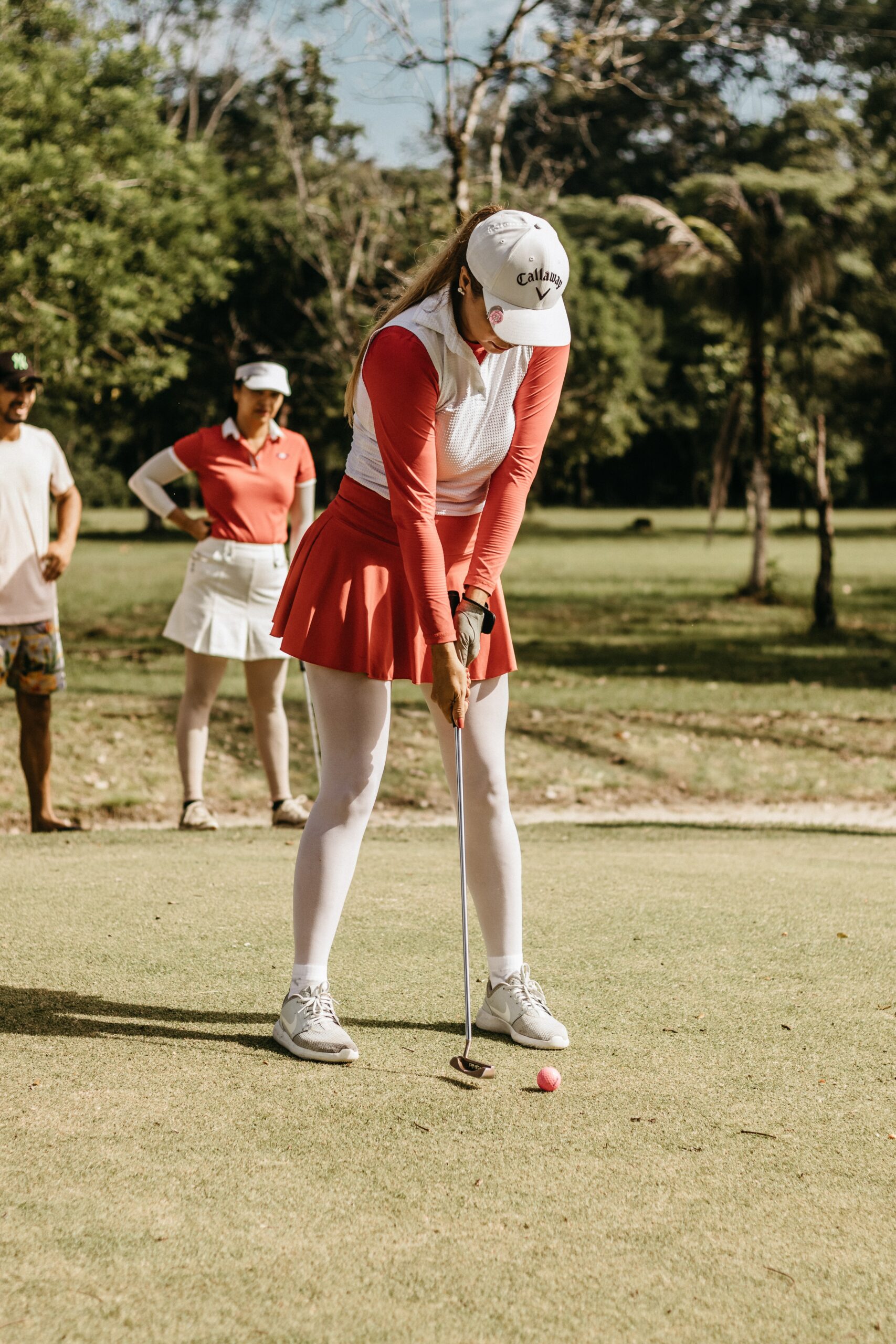
Similarly, at the Sports Book Awards, we created the inaugural Vikki Orvice Award for New Women’s Sports Writing, awarded to Suzanne Wrack for her insightful and powerful book A Woman’s Game: the Rise, Fall and Rise Again of Women’s Football. In a unique, inspiring and empowering moment for women’s sports writing, Wrack invited her fellow shortlistees up to the stage, emphasising the sentiment of unity and support amongst female sports writers and journalists and the inspiration and courage they take from one another in a field that undeniably needs more women. Women will ultimately take more strides working together.
A Woman’s Game is the astonishing history of women’s football: from the Victorian era to the present day, from the game’s first appearance in England in the late 19th century through to the incredible teams which at their height in 1920 drew 53,000 spectators to Goodison Park, to its 50-year ban in the UK and the aftershocks when that ban was lifted. Following the game’s meteoric rise in recent years, Suzanne Wrack considers what the next chapter of this incredible story might – and should – be.
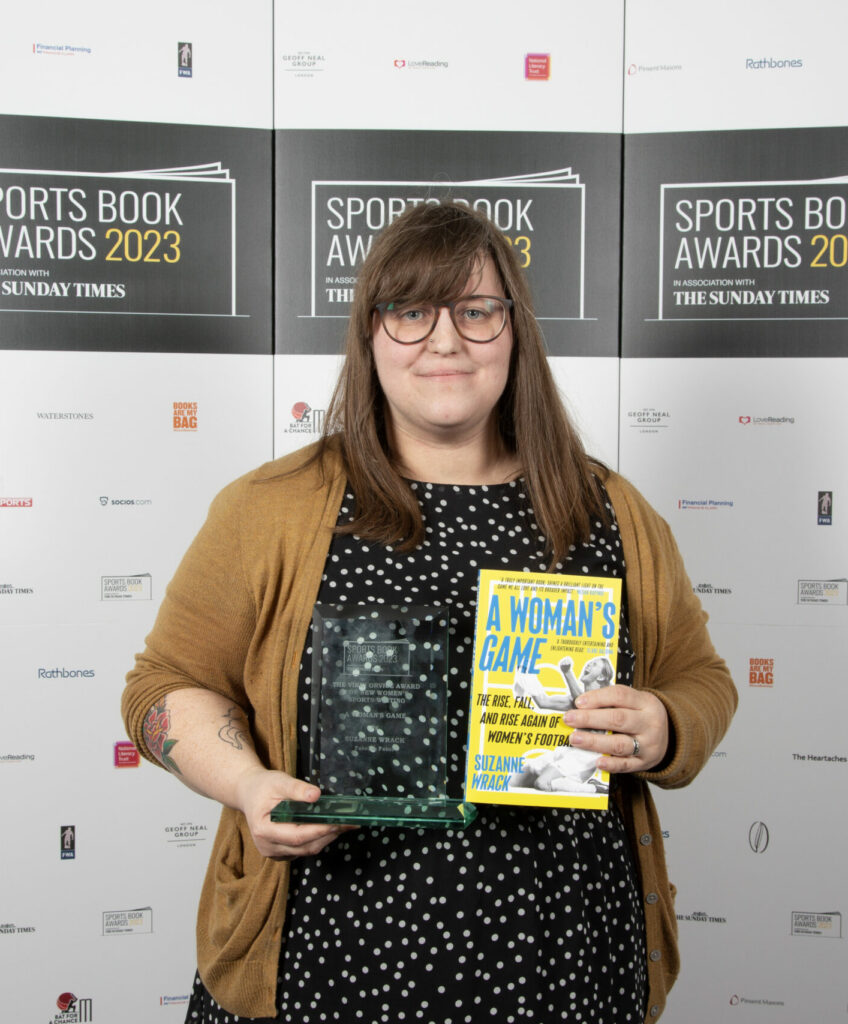
The new prize was judged by Dame Katherine Grainger, Anya Shrubsole, Susie Petruccelli, Maggie Murphy, and Deputy Editor at Sunday Times Sport, Nick Greenslade. Named in honour of the brilliant sports journalist Vikki Orvice, it is a testament to her outstanding work in sports journalism, and a platform to encourage more female writers that this is an arena they can also thrive in.
| Cookie | Duration | Description |
|---|---|---|
| cookielawinfo-checkbox-analytics | 11 months | This cookie is set by GDPR Cookie Consent plugin. The cookie is used to store the user consent for the cookies in the category "Analytics". |
| cookielawinfo-checkbox-functional | 11 months | The cookie is set by GDPR cookie consent to record the user consent for the cookies in the category "Functional". |
| cookielawinfo-checkbox-necessary | 11 months | This cookie is set by GDPR Cookie Consent plugin. The cookies is used to store the user consent for the cookies in the category "Necessary". |
| cookielawinfo-checkbox-others | 11 months | This cookie is set by GDPR Cookie Consent plugin. The cookie is used to store the user consent for the cookies in the category "Other. |
| cookielawinfo-checkbox-performance | 11 months | This cookie is set by GDPR Cookie Consent plugin. The cookie is used to store the user consent for the cookies in the category "Performance". |
| viewed_cookie_policy | 11 months | The cookie is set by the GDPR Cookie Consent plugin and is used to store whether or not user has consented to the use of cookies. It does not store any personal data. |